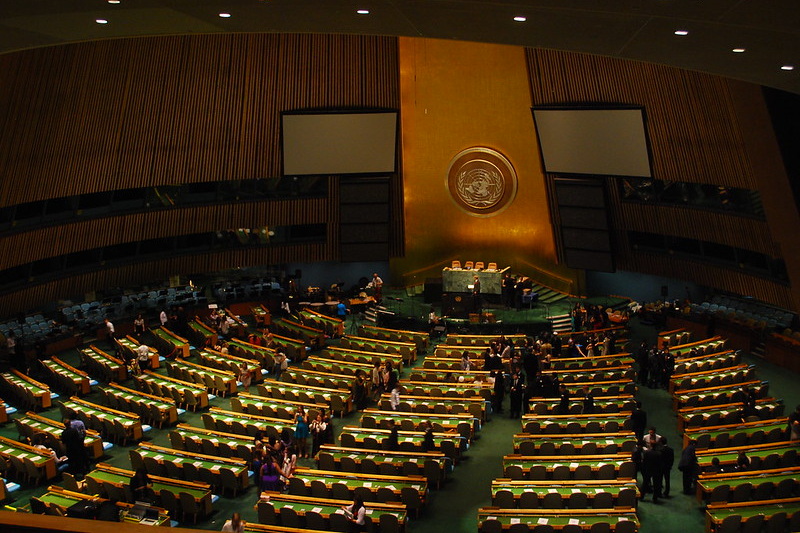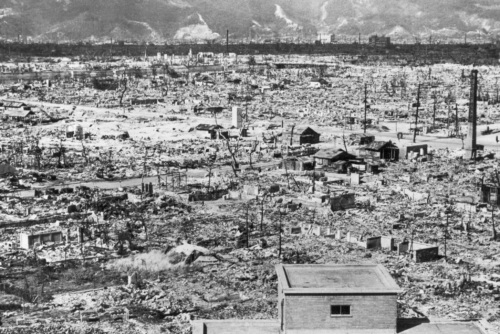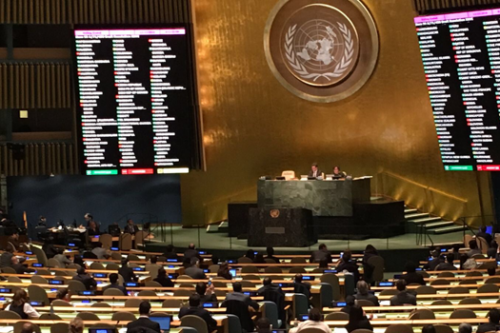
Global Effects of Nuclear Conflict: Implications for Nuclear Policymaking, Then and Now
This paper highlights the need for renewed attention to the catastrophic effects of nuclear conflict as a crucial step toward reducing the risk of nuclear use.
Senior Program Officer, Global Nuclear Policy Program
Global Nuclear Policy Program (GNPP), Scientific & Technical Affairs (STA)
Expertise Nuclear Weapons Policy, US-Russia
Patricia Jaworek serves as a senior program officer with NTI’s Global Nuclear Policy Program (GNPP). In this role, she supports NTI’s efforts to reduce global nuclear risks, focusing on U.S.-Russia arms control, Euro-Atlantic security, and the Nuclear Non-Proliferation Treaty. She is a member of the Horizon 2045 project team (a collaborative project co-founded by NTI) and leads NTI’s activities to advance understanding of the global and long-term effects of nuclear weapons use and their implications for nuclear policy.
Jaworek previously worked with NTI as a consultant for GNPP and the Scientific and Technical Affairs team. She has also worked as a research assistant at the NATO Parliamentary Assembly in Brussels, where she focused on NATO deterrence and defense policy, and at CRDF Global, where she focused on addressing global threats posed by weapons of mass destruction and emerging technologies.
Jaworek is a member of the Young Deep Cuts Commission (YDCC) and the Younger Generation Leaders Network on Euro-Atlantic Security (YGLN), where she works with other leaders in the field to develop ideas for the future of nuclear arms control.
Jaworek holds a joint master’s degree in Transatlantic Affairs from the Fletcher School of Law and Diplomacy and the College of Europe, and a law degree from the University of Hamburg with a specialization in European and public international law.
She speaks English, German, and Polish.
This paper highlights the need for renewed attention to the catastrophic effects of nuclear conflict as a crucial step toward reducing the risk of nuclear use.
This paper offers a focused set of recommendations for specific commitments related to practical and achievable actions that States parties to the Treaty on the Non-Proliferation of Nuclear Weapons (NPT) could take to advance the NPT’s goals and achieve success at the 10th NPT Review Conference.
The damaging effects of the light, heat, blast, and radiation caused by a nuclear explosion have been known to scientists since the end of the Second World War
Working toward a shared vision of a nuclear weapons-free world



